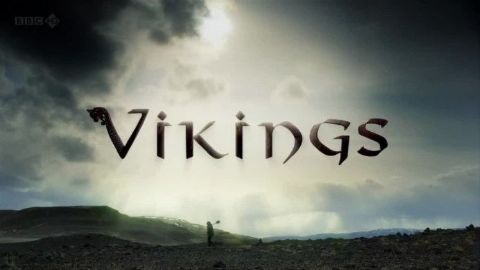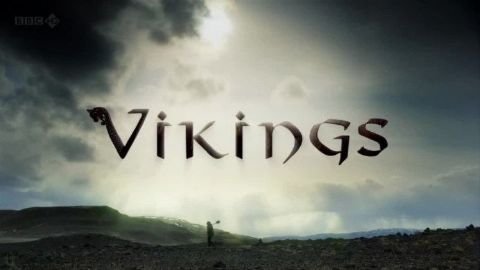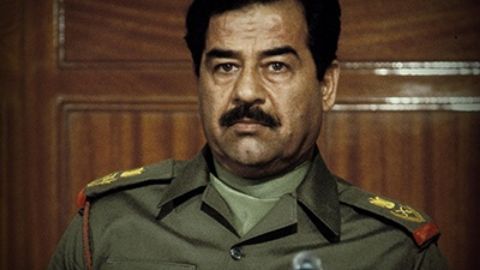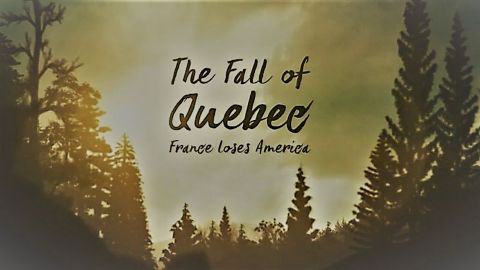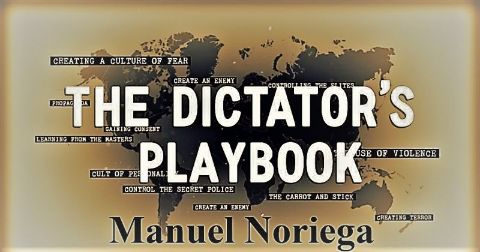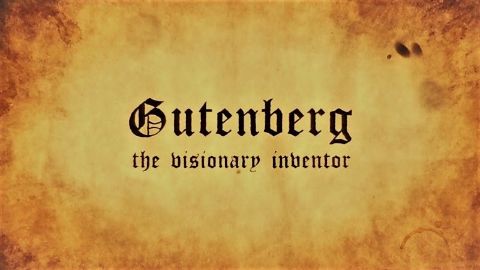Part 2 • 2012 • episode "S1E2" • Vikings
Neil Oliver reveals the truth behind the legend of the Vikings. (Part 2.) Neil Oliver heads out from the Scandinavian homelands to Russia, Turkey and Ireland to trace the beginnings of a vast trading empire that handled Chinese silks as adeptly as Pictish slaves. Neil discovers a world of 'starry-eyed maidens' and Buddhist statues that are a world away from our British experience of axe-wielding warriors, although it turns out that there were quite a few of those as well.
Make a donation
Buy a brother a hot coffee? Or a cold beer?
Hope you're finding these documentaries fascinating and eye-opening. It's just me, working hard behind the scenes to bring you this enriching content.
Running and maintaining a website like this takes time and resources. That's why I'm reaching out to you. If you appreciate what I do and would like to support my efforts, would you consider "buying me a coffee"?
Donation addresses
BTC: bc1q8ldskxh4x9qnddhcrgcun8rtvddeldm2a07r2v
ETH: 0x5CCAAA1afc5c5D814129d99277dDb5A979672116
With your donation through , you can show your appreciation and help me keep this project going. Every contribution, no matter how small, makes a significant impact. It goes directly towards covering server costs.
